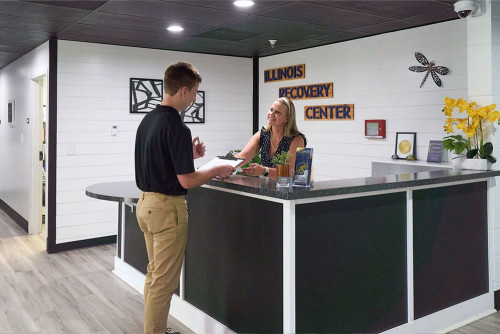
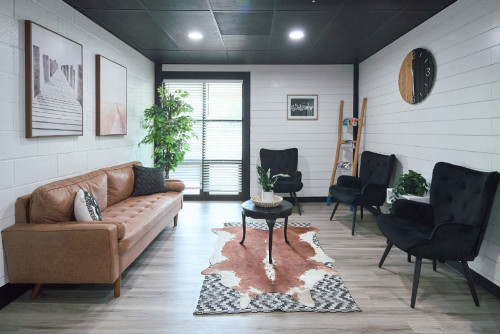
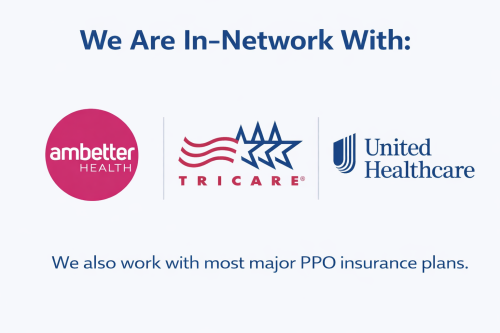
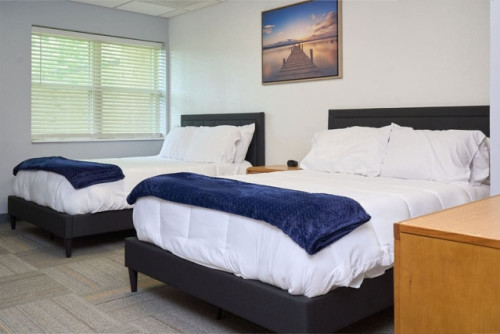
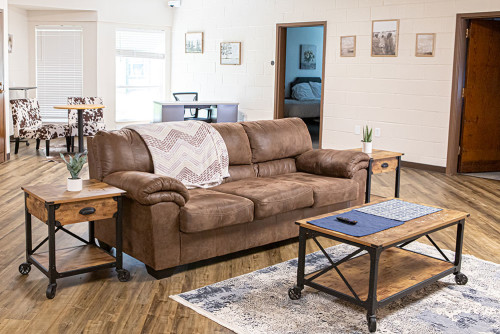




Illinois Recovery Center
Verified Center
This provider's information has been quality-checked by Recovery.com's Research Team for accuracy and completeness, including center verification through appropriate third-party organizations.
Treatment Focus
This center treats substance use disorders and co-occurring mental health conditions. Your treatment plan addresses each condition at once with personalized, compassionate care for comprehensive healing.
Primary Level of Care
Offering intensive care with 24/7 monitoring, residential treatment is typically 30 days and can cover multiple levels of care. Length can range from 14 to 90 days typically.
Treatment Focus
This center treats substance use disorders and co-occurring mental health conditions. Your treatment plan addresses each condition at once with personalized, compassionate care for comprehensive healing.
Primary Level of Care
Offering intensive care with 24/7 monitoring, residential treatment is typically 30 days and can cover multiple levels of care. Length can range from 14 to 90 days typically.
Provider's Policy
They are in-network with Ambetter, Tricare, and United Healthcare. They also work with most major PPO insurance plans, which can often cover up to 100% of treatment costs after deductibles, but DO NOT accept Medicaid/Medicare. Their insurance team offers free, confidential benefit verifications so you’ll have a clear understanding of your coverage and out-of-pocket costs. They're here to help you maximize your insurance and focus on what matters most—your recovery.
Illinois Recovery Center
Illinois Recovery Center
About Illinois Recovery Center
Illinois Recovery Center is an in-network facility with Ambetter, Tricare, and United Healthcare. Individuals facing drug or alcohol addiction can find real help in a welcoming, down-to-earth setting at Illinois Recovery Center. They offer different levels of care depending on what each person’s needs are—whether that’s around-the-clock support during detox and residential treatment, more flexible day programs, or outpatient options where clients can live at home while getting help.
Heal What’s Hurting—Inside and Out
Illinois Recovery Center’s approach to treatment is rooted in the belief that recovery works best when it’s personalized and grounded in real-world experience. From the very first assessment, the team collaborates with clients to build plans that fit their needs. They equip clients with techniques to reframe harmful thought patterns and regulate emotions. They also integrate holistic options and peer support, knowing that healing happens on many levels. Most importantly, they don’t treat addiction in isolation; they address co-occurring mental health disorders so clients receive support for the full picture of their well-being.
Play, Move, and Breathe on a Spacious 12-Acre Campus
Set on 12 acres, the campus gives clients space to move, breathe, and play. Whether they have quiet moments on the grass or play volleyball under the sprinklers, there’s room to be oneself. The dorms are semi-private with full, comfortable beds and thoughtful touches, adding a home-like feel. The facility also includes a weight room, a cardio room, and separate spaces for men and women. Even the food stands out, made with care by a kitchen manager who makes a lasting impression.
Keep Recovery Momentum Going, Day or Night
The outpatient programming at Illinois Recovery offers flexible group times in the mornings and evenings, Monday through Thursday. Whether clients start their day with a group session or wind down with one in the evening, they have the chance to keep building their recovery skills and stay accountable.
Highlights from the Center
Highlights
These highlights are provided by and paid for by the center.
Customized Treatment Plans
Holistic Approach
12-Step Approach
All Services On-Site
Center Overview
Treatment Focus
This center treats substance use disorders and co-occurring mental health conditions. Your treatment plan addresses each condition at once with personalized, compassionate care for comprehensive healing.
Joint Commission Accredited
The Joint Commission accreditation is a voluntary, objective process that evaluates and accredits healthcare organizations (like treatment centers) based on performance standards designed to improve quality and safety for patients. To be accredited means the treatment center has been found to meet the Commission's standards for quality and safety in patient care.
Recently helped 3 people via Recovery.com

Illinois Recovery Center
Recently helped 3 people via Recovery.com
Insurance Accepted
Cash Pay Rates
Estimated Cash Pay Rate
Center pricing can vary based on program and length of stay. Contact the center for more information. Recovery.com strives for price transparency so you can make an informed decision.
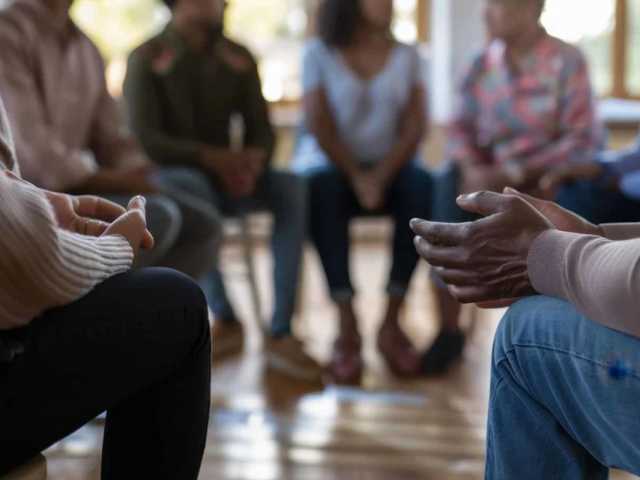
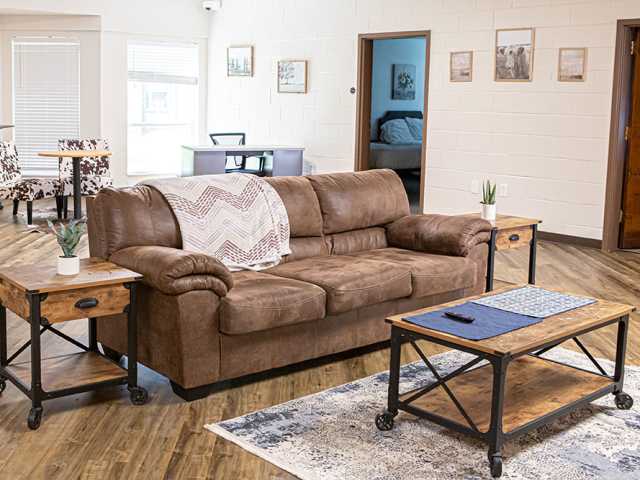

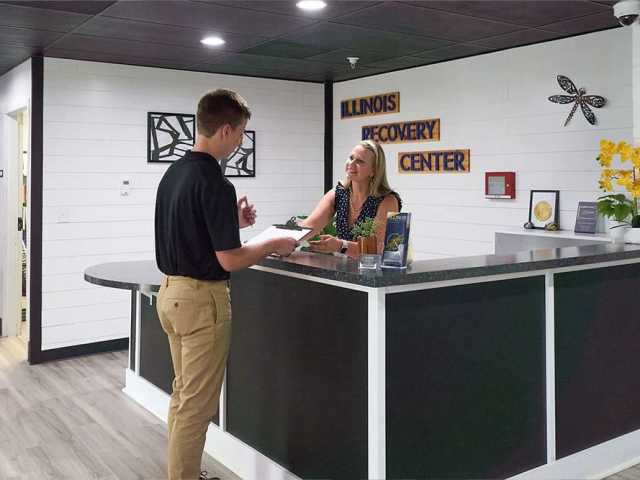
Recovery.com Verified Listing
Recovery.com verified that the name, location, contact information and license to operate for this treatment provider are valid and up-to-date.
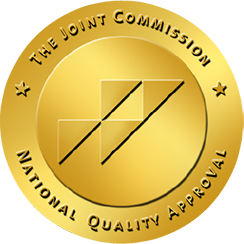
Joint Commission Accredited

Licensed by Illinois
Recovery.com is an independent, third-party mental health resource. Verification does not imply endorsement and does not guarantee the quality of treatment services.
Meet Your Care Team
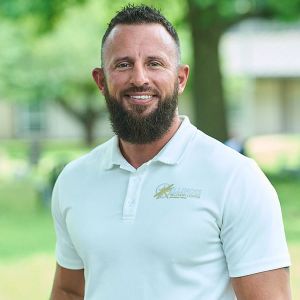
Eric Conley
Chief Executive Officer & Founder
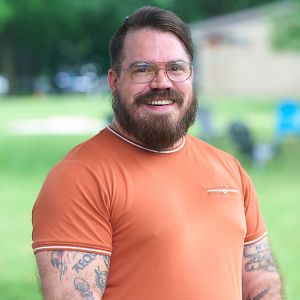
Jakob Miller
Executive Director
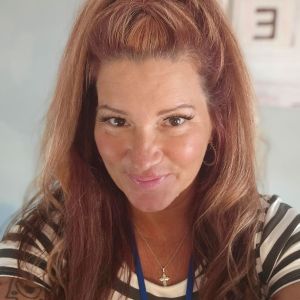
Angie Isam
Director of Admissions
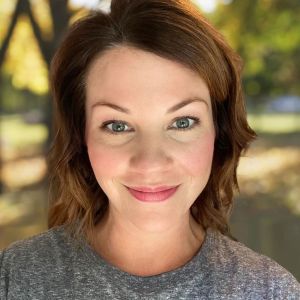
Katie Krueger
Director of Nursing
FNP-BC
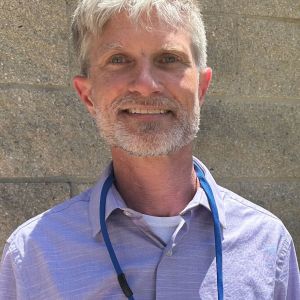
Jeff Brenneman
Clinical Director of Outpatient Services
LCSW
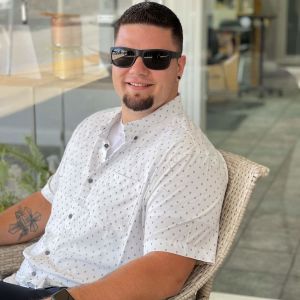
Nathaniel Carpenter
Director of Marketing & Outreach

Barb Laidlaw
Licensed Clinical Professional Counselor
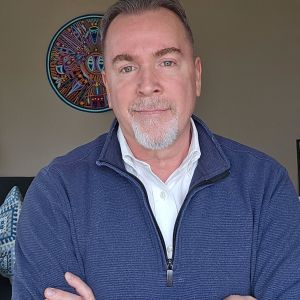
Kevin Bunten
Licensed Clinical Professional Counselor
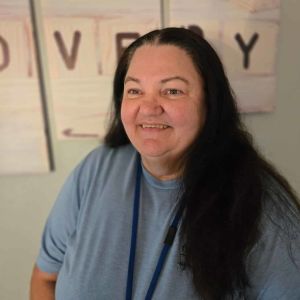
Alyce Enloe
Licensed Clinical Professional Counselor
MA
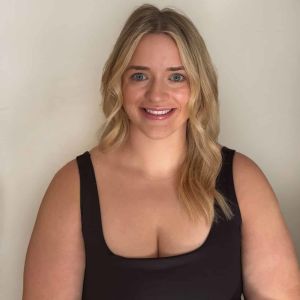
Britany Wildermuth
Assistant Director of Nursing
LPN
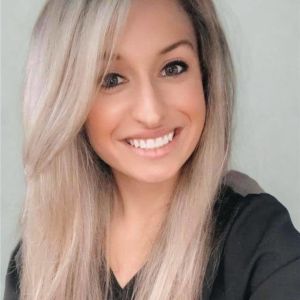
Molly Conley
Assistant Director of Nursing
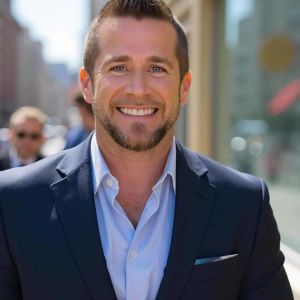
Jacob “Jake” Dunavant
Senior Outreach Coordinator
Your Care Options
Specializations
Alcohol
Using alcohol as a coping mechanism, or drinking excessively throughout the week, signals an alcohol use disorder.
Detox
Detox fully and safely removes toxic substances from the body, allowing the next steps in treatment to begin with a clean slate.
Benzodiazepines
Benzodiazepines are prescribed to treat anxiety and sleep issues. They are highly habit forming, and their abuse can cause mood changes and poor judgement.
Cocaine
Cocaine is a stimulant with euphoric effects. Agitation, muscle ticks, psychosis, and heart issues are common symptoms of cocaine abuse.
Heroin
Heroin is a highly addictive and illegal opioid. It can cause insomnia, collapsed veins, heart issues, and additional mental health issues.
Methamphetamine
Methamphetamine, or meth, increases energy, agitation, and paranoia. Long-term use can result in severe physical and mental health issues.
Opioids
Opioids produce pain-relief and euphoria, which can lead to addiction. This class of drugs includes prescribed medication and the illegal drug heroin.
Prescription Drugs
It's possible to abuse any drug, even prescribed ones. If you crave a medication, or regularly take it more than directed, you may have an addiction.
Who We Treat
Older Adults
Addiction and mental health treatment caters to adults 55+ and the age-specific challenges that can come with recovery, wellness, and overall happiness.
LGBTQ+
Addiction and mental illnesses in the LGBTQ+ community must be treated with an affirming, safe, and relevant approach, which many centers provide.
Men and Women
Men and women attend treatment for addiction in a co-ed setting, going to therapy groups together to share experiences, struggles, and successes.
Treatment Services
Detox
Detox fully and safely removes toxic substances from the body, allowing the next steps in treatment to begin with a clean slate.
Intensive Outpatient Program
In an IOP, patients live at home or a sober living, but attend treatment typically 9-15 hours a week. Most programs include talk therapy, support groups, and other methods.
Outpatient
During outpatient rehab, patients attend a structured treatment program while continuing to live at home.
Residential
In a residential rehab program, patients live onsite, with access to daily treatment and 24-hour care. An average stay is 30-90 days.
Approaches
Evidence-Based
A combination of scientifically rooted therapies and treatments make up evidence-based care, defined by their measured and proven results.
Family Involvement
Providers involve family in the treatment of their loved one through family therapy, visits, or both–because addiction is a family disease.
Holistic
A non-medicinal, wellness-focused approach that aims to align the mind, body, and spirit for deep and lasting healing.
Personalized Treatment
The specific needs, histories, and conditions of individual patients receive personalized, highly relevant care throughout their recovery journey.
Therapies
1-on-1 Counseling
Patient and therapist meet 1-on-1 to work through difficult emotions and behavioral challenges in a personal, private setting.
Trauma-Specific Therapy
This form of talk therapy addresses any childhood trauma at the root of a patient's current diagnosis.
Online Therapy
Patients can connect with a therapist via videochat, messaging, email, or phone. Remote therapy makes treatment more accessible.
Couples Counseling
Partners work to improve their communication patterns, using advice from their therapist to better their relationship and make healthy changes.
Experiential Therapy
With this approach, patients heal by doing. Therapists help patients process difficult emotions to speak, using guided activities like art or dance.
Expressive Arts
Creative processes like art, writing, or dance use inner creative desires to help boost confidence, emotional growth, and initiate change.
Family Therapy
Family therapy addresses group dynamics within a family system, with a focus on improving communication and interrupting unhealthy relationship patterns.
Conditions We Treat
Trauma
Some traumatic events are so disturbing that they cause long-term mental health problems. Those ongoing issues can also be referred to as "trauma."
Substances We Treat
Alcohol
Using alcohol as a coping mechanism, or drinking excessively throughout the week, signals an alcohol use disorder.
Benzodiazepines
Benzodiazepines are prescribed to treat anxiety and sleep issues. They are highly habit forming, and their abuse can cause mood changes and poor judgement.
Chronic Relapse
Consistent relapse occurs repeatedly, after partial recovery from addiction. This condition requires long-term treatment.
Co-Occurring Disorders
A person with multiple mental health diagnoses, such as addiction and depression, has co-occurring disorders also called dual diagnosis.
Cocaine
Cocaine is a stimulant with euphoric effects. Agitation, muscle ticks, psychosis, and heart issues are common symptoms of cocaine abuse.
Drug Addiction
Drug addiction is the excessive and repetitive use of substances, despite harmful consequences to a person's life, health, and relationships.
Methamphetamine
Methamphetamine, or meth, increases energy, agitation, and paranoia. Long-term use can result in severe physical and mental health issues.
Opioids
Opioids produce pain-relief and euphoria, which can lead to addiction. This class of drugs includes prescribed medication and the illegal drug heroin.
Languages
Aftercare
Care Designed for Your Needs
Personal Amenities
Amenities
Special Considerations
Healthy Meals are provided
Great food meets great treatment, with providers serving healthy meals to restore nutrition, wellbeing, and health.
Gender-specific groups
Patients in gender-specific groups gain the opportunity to discuss challenges unique to their gender in a comfortable, safe setting conducive to healing.
Activities
Yoga
Yoga is both a physical and spiritual practice. It includes a flow of movement, breathing techniques, and meditation.
Off-Site Amenities
Smoking and Vaping Policy
Recently helped 3 people via Recovery.com
Learn More About the Center
How Alcohol Affects Brain
Discover how changes to the brain occur and how to protect cognitive health from alcohol.
Traits of Adult Children of Alcoholics
Explore the common traits of adult children of alcoholics and learn how to take the first step toward healing.
Holistic Therapies
Experience a journey that nurtures mind, body, and spirit and can help achieve lasting recovery.
Dual Diagnoses
Discover how Illinois Recovery Center’s dual diagnosis treatment can help change lives.
What people are saying
Treatment
5.0
Accommodations
5.0
Food & Nutrition
5.0
Value
5.0
Amanda
Reviewed 12/03/23
Review from Rehabs.com





